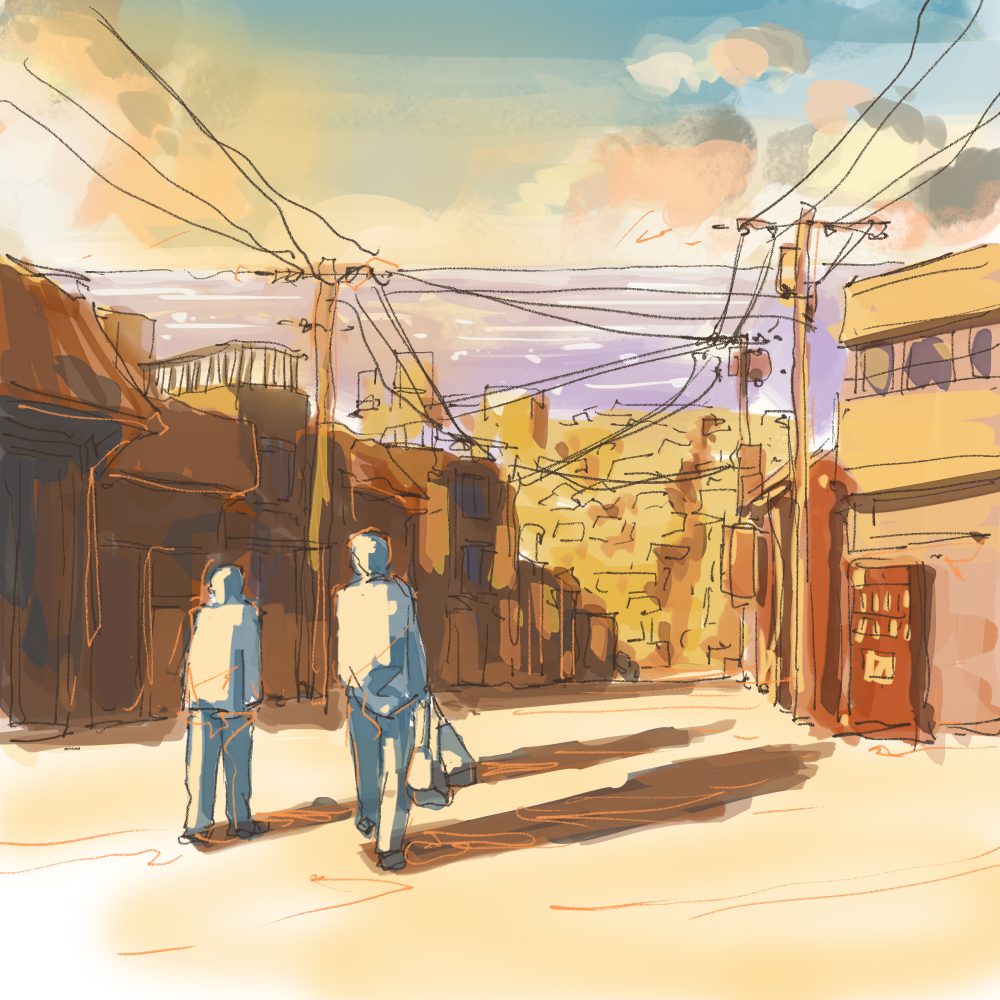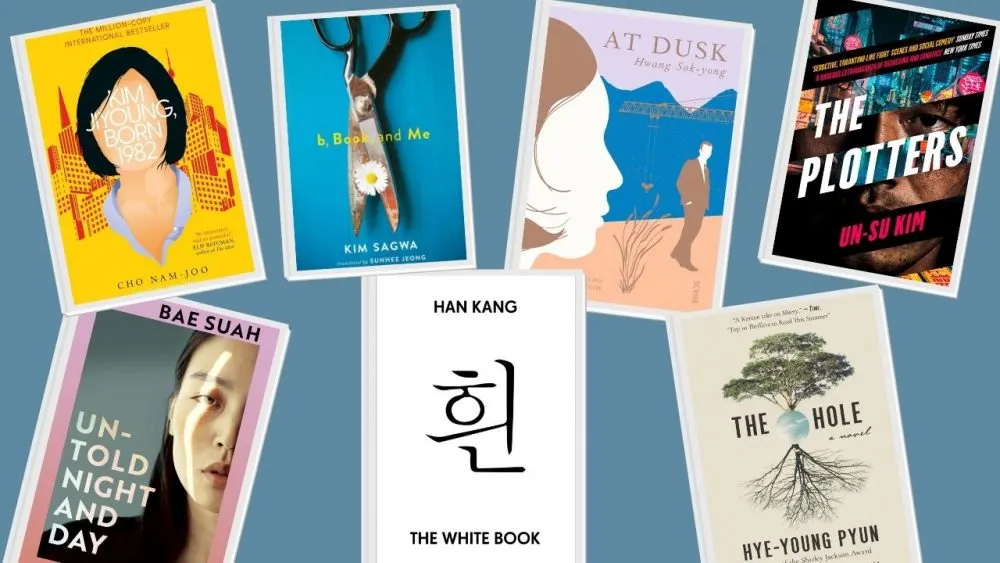Translated from the Japanese by Sharni Wilson
Winner of the 9th Book Shorts Award, hosted by the Short Shorts Film Festival and ASIA, Sunset Road is a humbling, tear-jerking short story about family and forgiveness.
Sunset Road is a short story inspired by the Japanese children’s song Kono Michi (This Road), and traces the memories and experiences of a twenty-eight-year-old man who has just learned that his estranged father has suffered a stroke.

Sunset Road
Though the stroke was caught early and he is stable, signs point to early-onset dementia (a theme in many of Tamaki’s stories).
As a child, protagonist Takaaki’s father was an abusive and violent drunk; his behaviour eventually drove Takaaki’s mother away, leaving him with a father who promised to clean himself up.
At eighteen, Takaaki left home and never looked back. Now, soon to be a father himself, Takaaki must wrestle with taking responsibility for his own father, whose health and mental state will only continue to decline.
Sunset Road begins with an isolated paragraph that sets the scene, opening with the difficult words, “When I was a boy, my mother left the family home…”
This opening, separated from the rest of the story and speaking directly to the audience, demonstrates the ties that Takaaki has had to cut from his father, after his mother did the same to him.
This is a family that was torn apart by abuse, but also a family of turned backs; people who have walked away from one another for the sake of self-preservation.
The rest of this Japanese short story, however, is written not to the audience but to Takaaki’s father directly, from “I” to “you”.
This decision to switch audience represents an olive branch; Takaaki is reaching out to his father, confessing his feelings and revealing his memories, in the hope that it isn’t too late to make amends and move on.
With the revelation that his father has dementia, moving on might not be possible, but time only moves forwards and so Takaaki must do what he can with what he has.

Given the fact that he himself will soon be a father, he is thinking responsibly; he is showing care and consideration and love. He is being a good example for the child he must very soon care for and raise right.
As the story progresses, we move almost haphazardly between the present and various points in the past, feeling our protagonist’s panicked and disjointed thoughts and feelings as he does.
Anxiety is sending his thoughts in different directions, casting his memories back to his most painful moments, and we must go with him.
The feeling of piggybacking on Takaaki’s story makes us, the readers, feel responsible for him, as though we must help and comfort him as best we can, even if that simply means listening to his story and sharing his pain.
Sunset Road is only 2000 words in length, and yet there are multiple moments that will catch you off-guard and draw a tear from your eye.
The child that will soon be brought into this world by Takaaki and his wife Nao behaves like a spectre over this story, a heavy thing that encourages Takaaki to make the right choices for the sake of the future — that of himself, the family that raised him, and the family he is also building with his wife.
Family, trauma, childhood, sickness, regret — these are all relatable feelings and experiences. They are universal. In that way, this story feels like a lesson in empathy but also a handbook for what we might one day have to also face.
Translated with emotional tact and skill by Sharni Wilson, Sunset Road is a beautiful meditation on family, personal growth, and how we learn to bury the past for the sake of our future.


